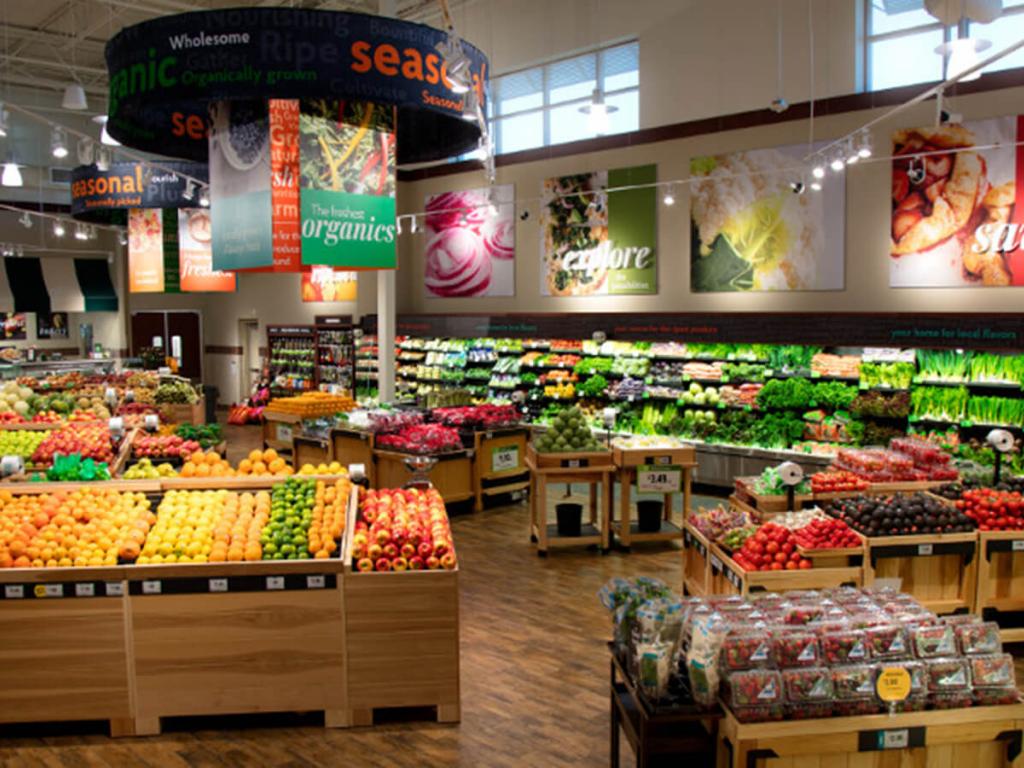

Its share price nonetheless jumped by nearly 8% on the news. Alphabet, for instance, reported revenues and earnings that were a little lower than analysts’ expectations. Although investors embraced news of strong earnings from lots of firms, they have also overlooked mediocrity. Having been late to react to the inflation surge, the Fed is unlikely to turn on a dime.Ĭompanies’ earnings, meanwhile, have not all been rosy. Moreover, the impressive jobs numbers were accompanied by rapid wage growth, indicating that underlying price pressures may not abate so easily. Core inflation, excluding food and energy, was an annualised 3.7% in July-far above the Fed’s target range. That in turn offset stickier inflation in other components, like rents. The monthly rate did not rise in July mainly because of a fall in energy costs, including for petrol. For a start, inflation is far from being vanquished. Yet it is too soon to breathe a sigh of relief. Investment bankers on Wall Street expect companies to escape relatively unscathed, without a meaningful slowdown in earnings this year. Market pricing suggests that the Fed will probably increase rates at a gentler pace than had been expected earlier in the summer, before it begins cutting them as soon as May. Consumers’ expectations of inflation, even for the year ahead, have fallen sharply. In this world inflation will drift down without derailing economic growth, and the Federal Reserve may not even need to raise interest rates quite so quickly. “While our recent performance is partly attributable to the impact of the COVID-19 pandemic, we believe the initiatives noted above, as well as broader changes in the food-at-home and food-away-from-home markets, also contributed significantly and will continue to spur our performance,” Potter added.The bullish interpretation is to assume that a soft landing is under way. The Fresh Market believes a return to the public markets would also allow “significant flexibility in funding strategy,” including the ability to pay down the company’s debt, which totaled $934 million as of Jan. We believe The Fresh Market is positioned to capture the secular trend of consumer preference for higher quality, fresh food.” “Our core product offering of high-quality fresh food, hard-to-find ingredients and specialty foods, local items and curated meal offerings is resonating with our guests, both old and new. “The cornerstone of our strategy to gain share in these eating occasions is to serve our guests the best tasting food the world has to offer, with a culture of service and excellence that our dedicated team members uphold,” he explained. The company said it pursued these initiatives with the goal of The Fresh Market becoming shoppers’ first choice across three trips, including fresh food, food for special occasions, and curated meal offerings for the home. “These initiatives included a merchandising refocus on our core premium fresh food introduction of new curated meal offerings competitive prices on frequently shopped items such as bananas, avocados, milk, lemons and butter improved in-store execution and investments in omnichannel capabilities and technology.”


“Since that time, we have implemented several key strategic initiatives designed to overcome challenges we faced at and after this going private transaction,” said Potter. In the filing, Potter also addresses The Fresh Market’s strategy once returning to a private company in 2016, and it’s clear the grocer has been eying an IPO comeback for some time. In the first quarter of fiscal 2021, comparable store sales growth was 7.3% (compared to 12.9% in the first quarter of fiscal 2020). The Fresh Market’s 2020 sales totaled $8.9 billion, with net earnings of $26.9 million.


 0 kommentar(er)
0 kommentar(er)
